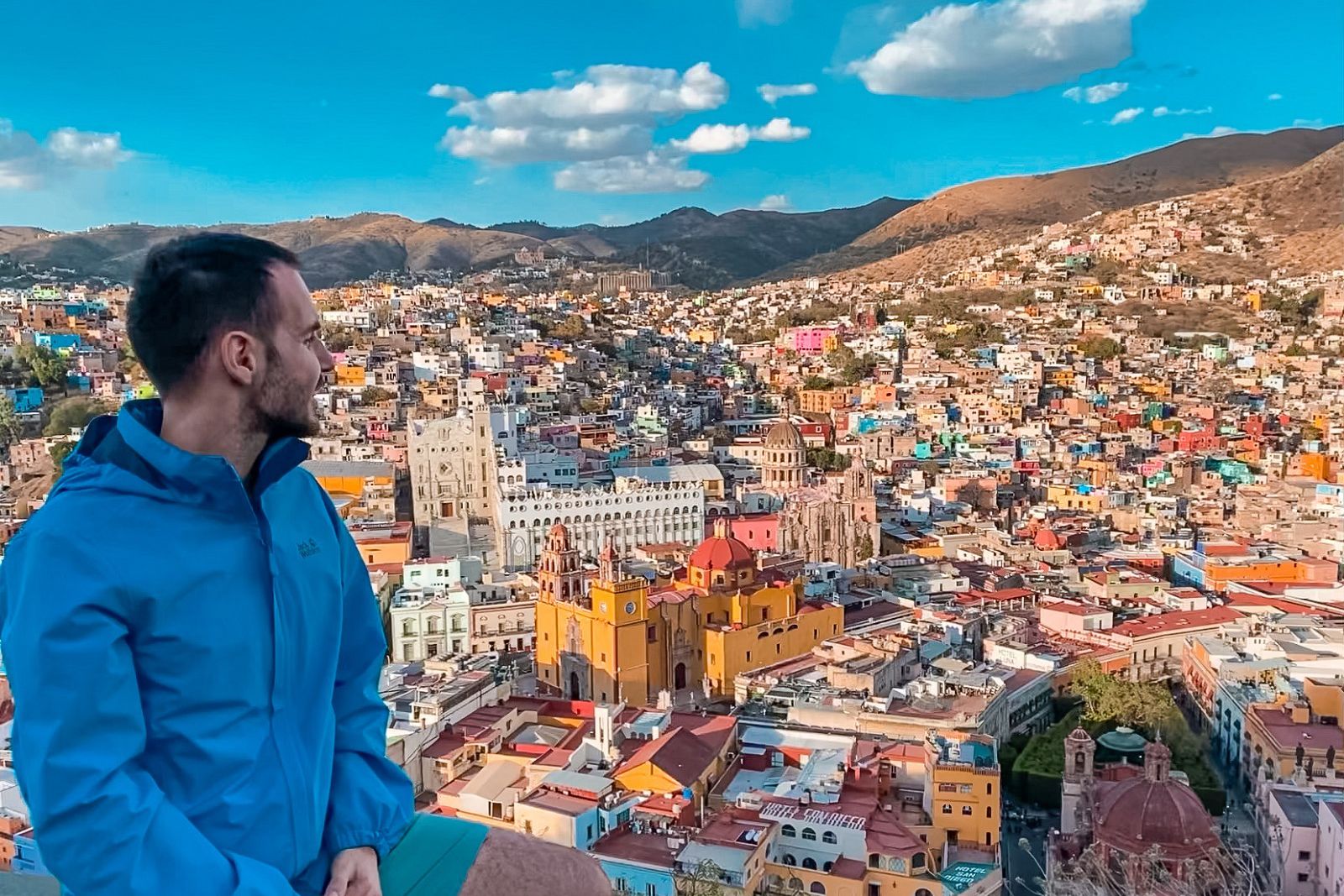
Robert Dacešin could not even dream that his return from distant Cuba would be so difficult. An employee of the Turkish airline helped him return home, and his arrival in beautiful and exotic Havana did not even remotely hint at the problems he would encounter on his trip.
The young Banja Luka resident Robert Dacešin is known for his adventures and promotion of Banja Luka around the world. As he says, the trip to Cuba, due to the corona virus pandemic, was the most difficult, but also the most beautiful so far.
He was supposed to return to Bosnia and Herzegovina (BiH) on a flight via Moscow to Belgrade, but the airport in the Serbian capital was closed due to a pandemic, so his flight was completely canceled.
„An airline from Serbia sent a charter flight to Moscow for its citizens, and I was the only one of 40 people who could not board in and return home, because I did not have a Serbian passport. It was a very, very tough to experience, seeing all these people to get on that plane and go home, and I’m the only one left,“ says Robert.
Robert says he was shocked by the lack of empathy in people and how they often choose to ignore that we are all human beings.
“They knew I needed help and yet decided to ignore that. If there is already a seat on the flight, and if you know that this is my only chance to return home, why can’t I come in just because one document is a different color? Aren’t we all the same? Or maybe we still aren’t?” Robert wonders.
He remembers watching people from the group go through passport control and go on a flight with disbelief. Everyone left. Except for him.
“It simply came to our notice then. This is without a doubt one of the most difficult moments I have ever survived on a trip. That feeling of being left alone is hard to explain. When you see that others don’t care at all and when those you consider yours are still not yours is difficult,” he added.
Although the situation seemed hopeless, there are people everywhere ready to run to help. In Robert’s case, that person was an employee of a Turkish airline.
„What saved me was that a man from a Turkish airline then gave me a free ticket from Havana to Sarajevo. He realized how serious the situation was and that it was the only flight I had left. That ticket costs over 1,000 euros, and he gave it to me for free and said that he could not sleep knowing that I could not go to my house, and he did nothing to help me. It’s one of the most beautiful things anyone has ever done for me,“ Robert recalls.
New Day New Problems
Not even the day when he was supposed to fly back home passed without difficulty. The police started to drive foreigners from the apartments of the local population for fear of infection, and soon they came to search the house where he was staying.
“No taxi wanted to take me to the airport, because everyone was forbidden to drive foreigners. My friend’s dad had to drive me with the whole family in the car using some side roads, so we do look suspicious. All the restaurants and food places were closed and I hadn’t eaten anything for almost 20 hours. I could hardly wait to finally go home,” he said.
The first case of the corona virus in Cuba, Robert remembers, was an Italian citizen, which just increased the stigma and intolerance towards all tourists.
„There was a lot of panic in Cuba even before the first case of infected Italian appeared. Special attention was paid to tourists, because the first infected person was a foreign citizen. Just before my departure, the first Cuban was infected. It also caused a lot of panic and a curfew was introduced at 6 p.m. Cuba is a police state and there are a lot of plainclothes police on the streets chasing foreigners. Many Cubans evicted foreigners from their apartments and houses because they were afraid they had the virus,“ Robert recalls.
He mentions food shortages as another problem in Cuba. Since this is a very closed country, its citizens do not have the luxury of going to supermarkets. After curfew was introduced, restaurants and markets were closed, and food was not available almost anywhere. To all this, the impossibility of going home fell even harder on him.
As he says, in such situations it is very important to have someone you trust and on whom you can rely.
„Many people were left without accommodation and literally lived at airports or embassies. It is important to contact the embassy. It is certainly easier for people who are in countries that are more open and liberal. It was very difficult for me in Cuba,“ said Robert.
He believes that after the all this situation with the pandemic, people certainly stopped traveling for a while.
„Travel is a luxury and many will not be able to afford it due to the economic crisis that followed. Also, fear plays a significant role in all of this. I hope that airlines will motivate people to travel more by lowering prices,“ he added.






